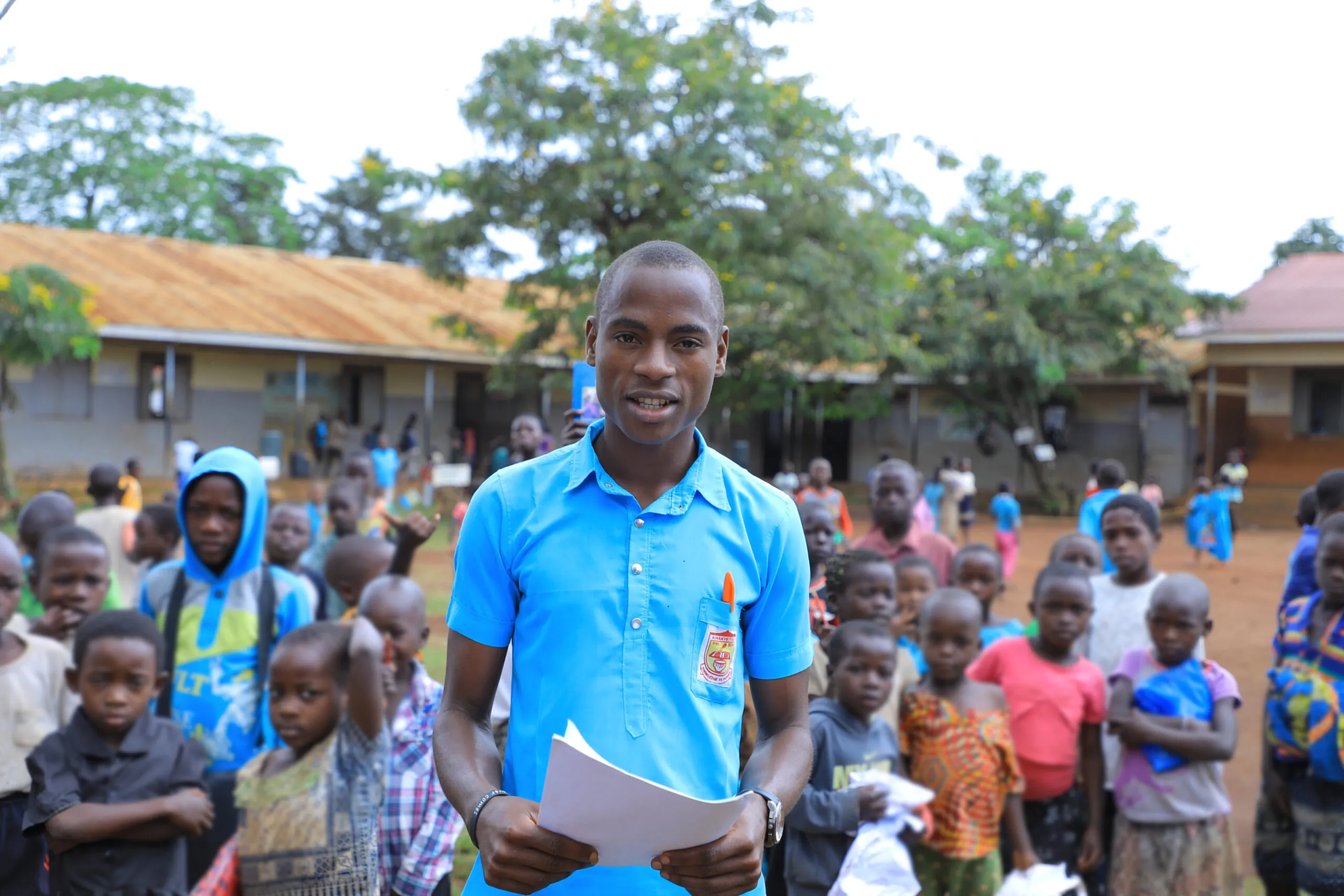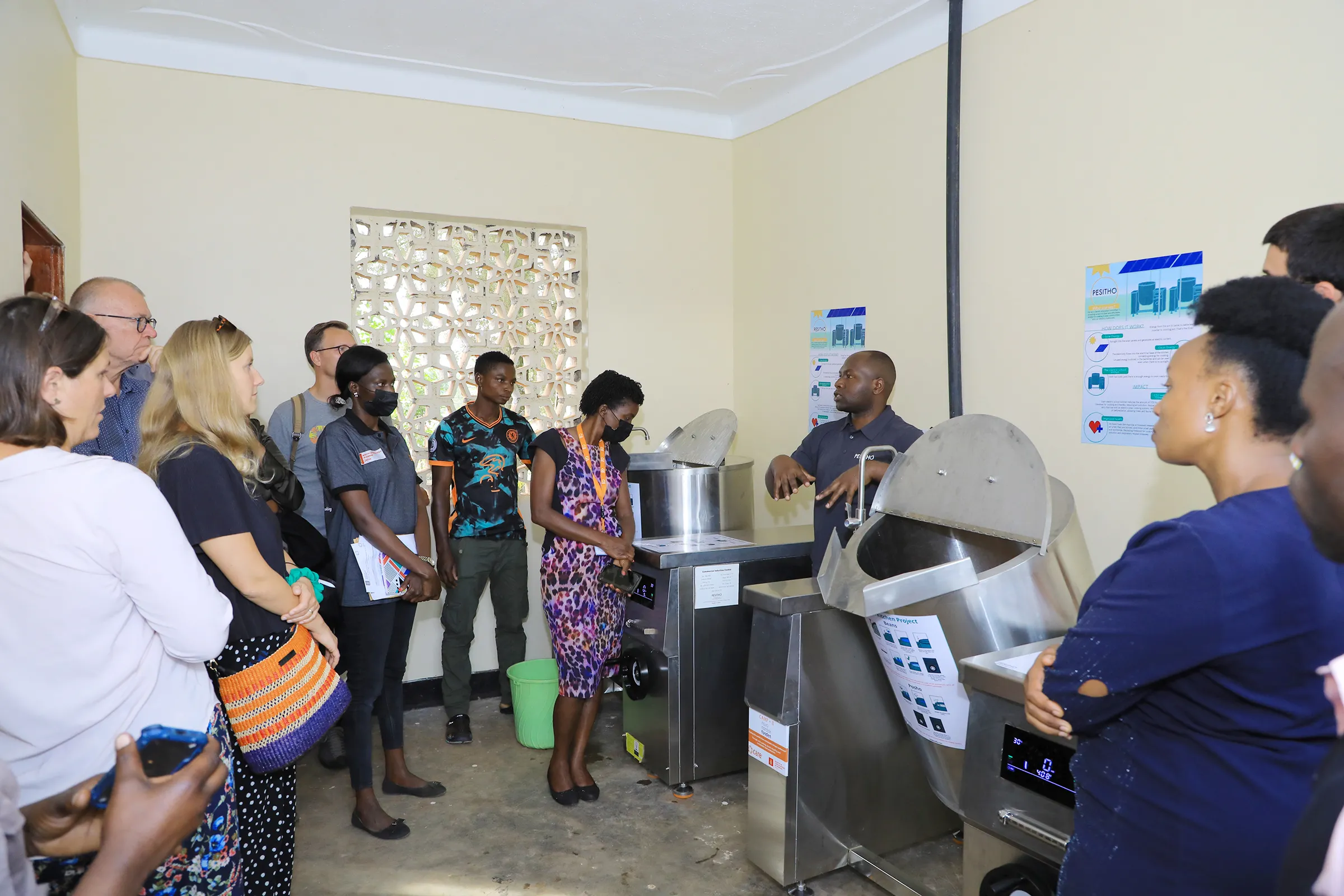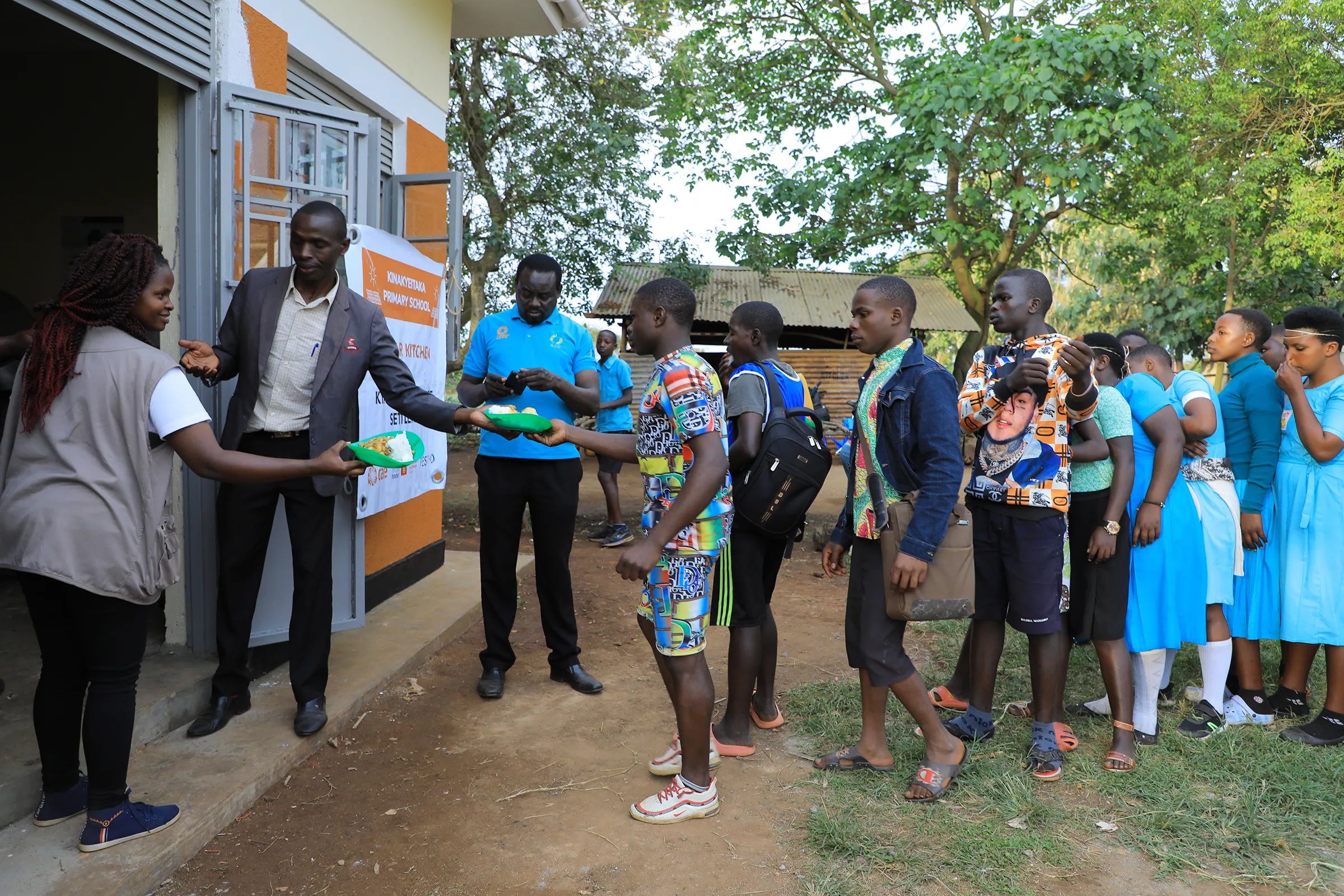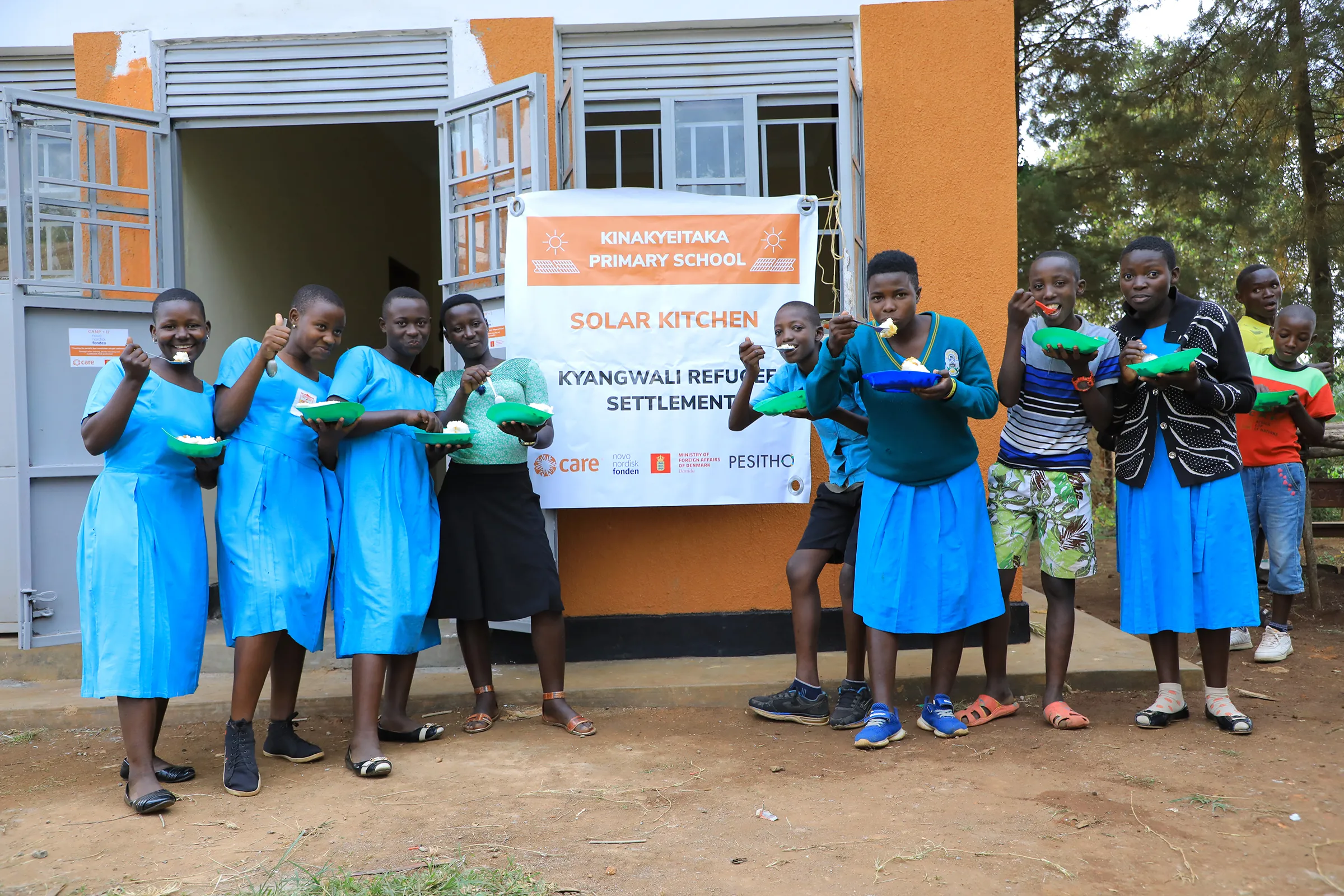In Barack’s home, as it is for 90% of the rest of largely rural Uganda, much of the light to read and write by comes from the sun. But when the sun isn’t shining, the light often must come from dim, smoky lamps that can have long-term health effects like respiratory conditions or eye damage. If not these dim lamps, then it would have to be burning fuelwoods like charcoal and firewood, which, for many Ugandans, is the sole source of energy for their more urgent cooking and heating needs.
The idea of using this precious energy for schoolwork, even for a diligent student like Barack, is almost unthinkable.
Tragically, continuing to rely on these fuelwoods – even for light and heat — is becoming increasingly unsustainable for the more immediate needs of Ugandans facing the harsh realities of the climate crisis.
The need for new energy
Globally, burning fuelwoods like charcoal and firewood releases nearly a gigaton of carbon dioxide (CO2) per year, and these emissions are a major contributor to the climate-fueled flooding and drought already ravaging Uganda.
According to a recent World Bank report, flooding, drought, deforestation, and climate-fueled mudslides have affected nearly 41% of Uganda’s total area, already leading to the loss of nearly 122,000 hectares of livable and farmable land.
What’s left often isn’t used for farming, but instead for the unsustainable harvest of more of the fuelwoods contributing to the climate crisis in the first place. Since 80% of Ugandans rely on farming and fishing for their sustenance, small farmers and families are urgently feeling the pressure of both the causes and effects of climate change.
Even though Uganda is responsible for less than 1% of the global historical emissions since 1750, the country bears the brunt of the global need for new ways of thinking and new sources of energy.
CARE Uganda has started a solar initiative to help address the global and local challenges of the climate crisis. With funds from Innovation Norway and Novo Nordisk, CARE has established solar-powered kitchens in community centers in the country’s southwestern region, as well as in the Kinakyeitaka Primary school where Barack and his fellow students study new ways of tackling the challenges of the climate crisis.




